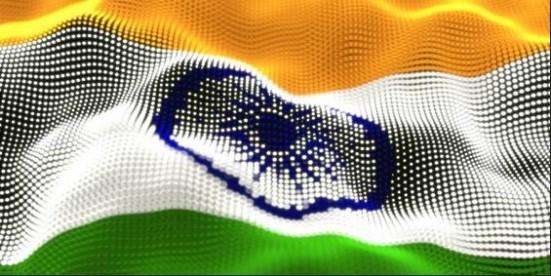The Indian government has decided to share with the world the many e-governance tools it has created to run the country, under the name Indiastack. Other nations can now get their hands on India’s identity service Aadhaar, the DigiLocker cloud storage locker, the CoWin Vaccination Platform, the Government e-Marketplace, and the Ayushman Bharat Digital Health Mission.
The project’s digital home describes the project as “a set of open APIs and digital public goods that aim to unlock the economic primitives of identity, data, and payments at population scale.” An FAQ states “None of the systems which comprise India Stack require any proprietary technology or intellectual property which would preclude their implementation in any other country.”
India’s government has announced that the island nation of Trinidad and Tobago has signed a Memorandum of Understanding (MoU) to share India Stack, making it the latest territory to adopt the collection of digital public goods the world’s most populous nation has created as a means to assist development of government digital services (and its own diplomacy) around the world.
India Stack is based on the payment, identity, and data services India developed to power its own citizen-facing services. India’s population recently topped 1.4 billion, meaning India Stack is proven to operate at a scale that can meet the needs of any other nation. India Stack also powers impressive services: the Unified Payments Interface (UPI) has brought electronic payments and banking services to even the country’s smallest merchants.
India Stack therefore gives India a chance for deep engagements with other nations, and a different way of doing so compared to the economic and/or military ties promoted by China, the US, or Europe.
It’s a great pity that South Africa (also part of BRICS) has not been able to offer their own e-Services stack to the world. It was started in about 2015 (8 years ago called an Open Jig framework), all based on open-source software (and used to boast open APIs) as well as an open data policy, but there never seemed to be any unified payment services, and the mention of APIs, and even open source (there is now a copyright notice on the website), has all disappeared from the website. It is clear that South Africa was busy on the same lines as India, but it looks like India has beaten SA to the finish line in terms of implementing the full stack and making it available to the world. A world-class vision also needs a world-class execution plan!
See https://www.theregister.com/2023/08/18/indiastack_trinidad_tobago/

